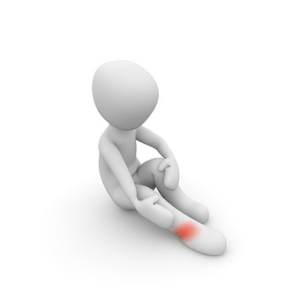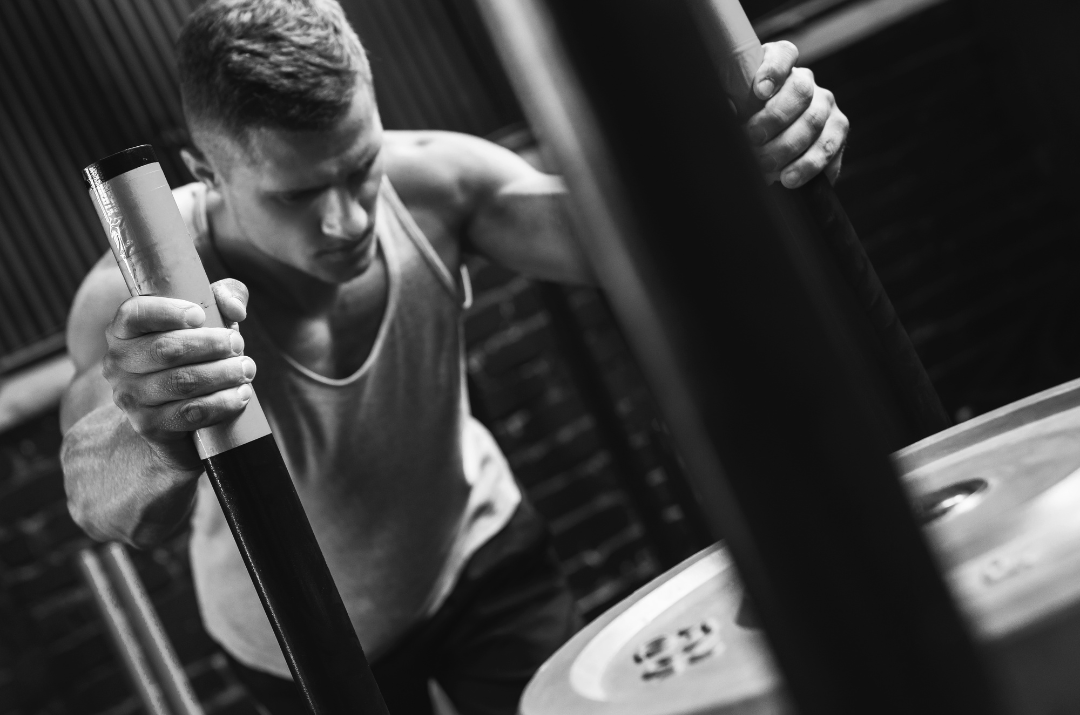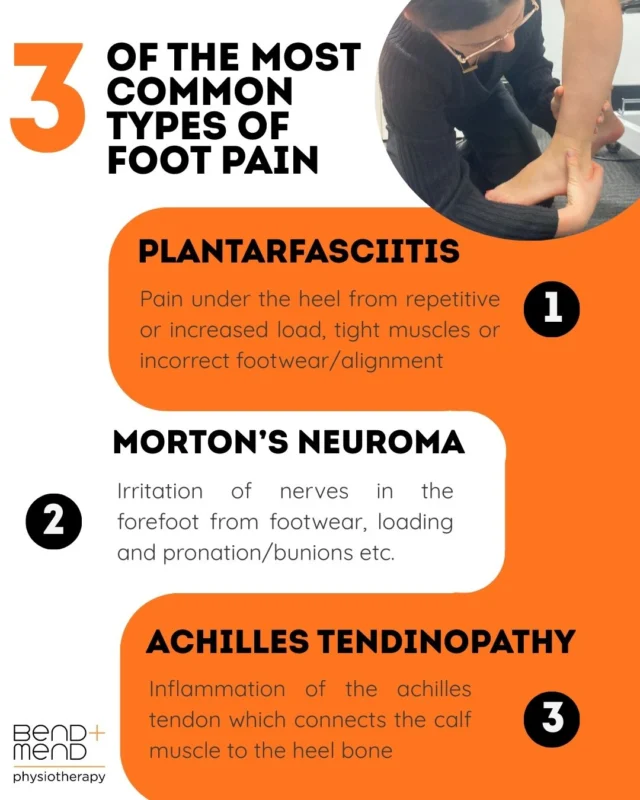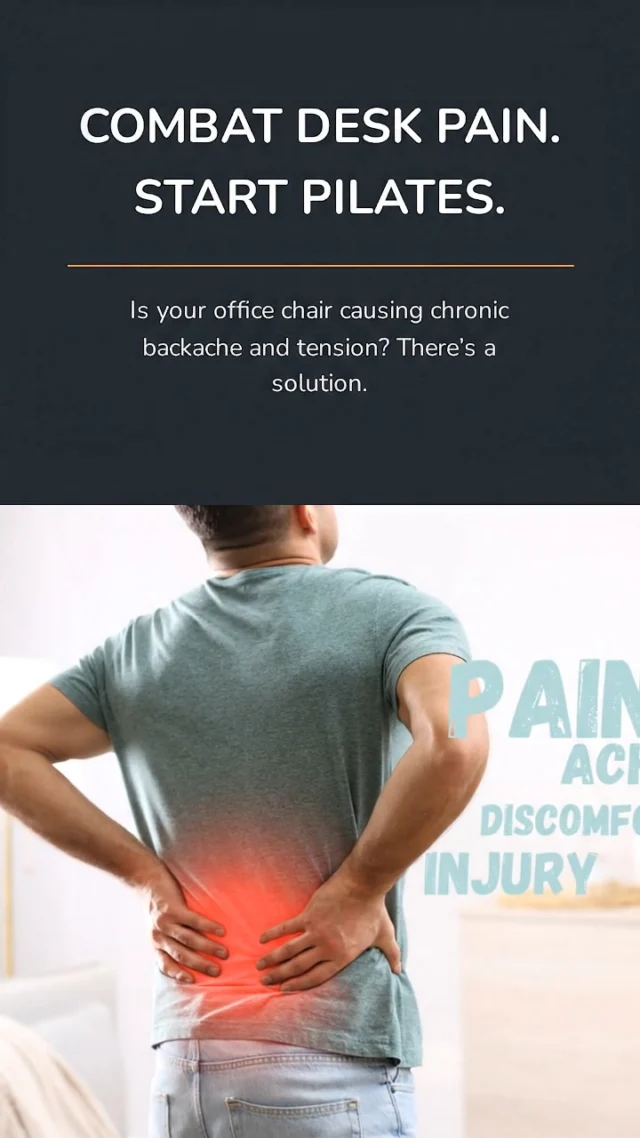Gout is a type of inflammatory arthritis which presents as painful inflammation in a joint. Tiny crystals form in the joints of the body as result of a build up of waste material called uric acid. Uric acid is excreted by the kidneys and builds up in the blood if it is not excreted fast enough or too much is being produced. This excess uric acid can end up in the joints as crystals which can result in sudden and painful inflammation. The big toe joint is the most commonly affected area followed by feet, ankles, knees and less commonly in elbows, hands and other joints.
Symptoms of Gout include:
– extreme joint pain
– joint swelling
– heat
– redness
Gout is more common in men than women prior to the onset of menopause. It is more common in older people than younger people but can affect all age groups.
Some Risk Factors for Gout include:
– underlying morbidities such as kidney disease, high blood pressure, diabetes, high levels of cholesterol, blood cancers such as leukaemia and lymphoma
– overweight or obesity
– consuming medications that increase water excretion by the kidneys
– a diet high in ‘purines’ which are foods that contain chemicals that uric acid is produced from, these include meats, seafood, offal, and supplements that include yeast extract (beer/Vegemite)
– consumption of sugar-sweetened drinks or high levels of fructose
– becoming dehydrated or suffer from a fever
If you have suspected gout your doctor may check your blood for elevated urate levels and may take a sample from the inflamed area. Treatment may include non-steroidal anti-inflammatory drugs, colchine, or corticosteroids. Without treatment a gout attack may settle within a week or two, however the crystals can still remain in the affected joint. Reducing uric acid in the blood long term reduces the risk of developing kidney disease and heart disease.
If you’re experiencing an unexplained episode of inflammation in a joint be sure to have it assessed properly by a medical professional. The Physio’s at Bend + Mend in Sydney’s CBD are able to assess your joints to see if your joint pain is mechanical pain or inflammatory pain requiring medication.






